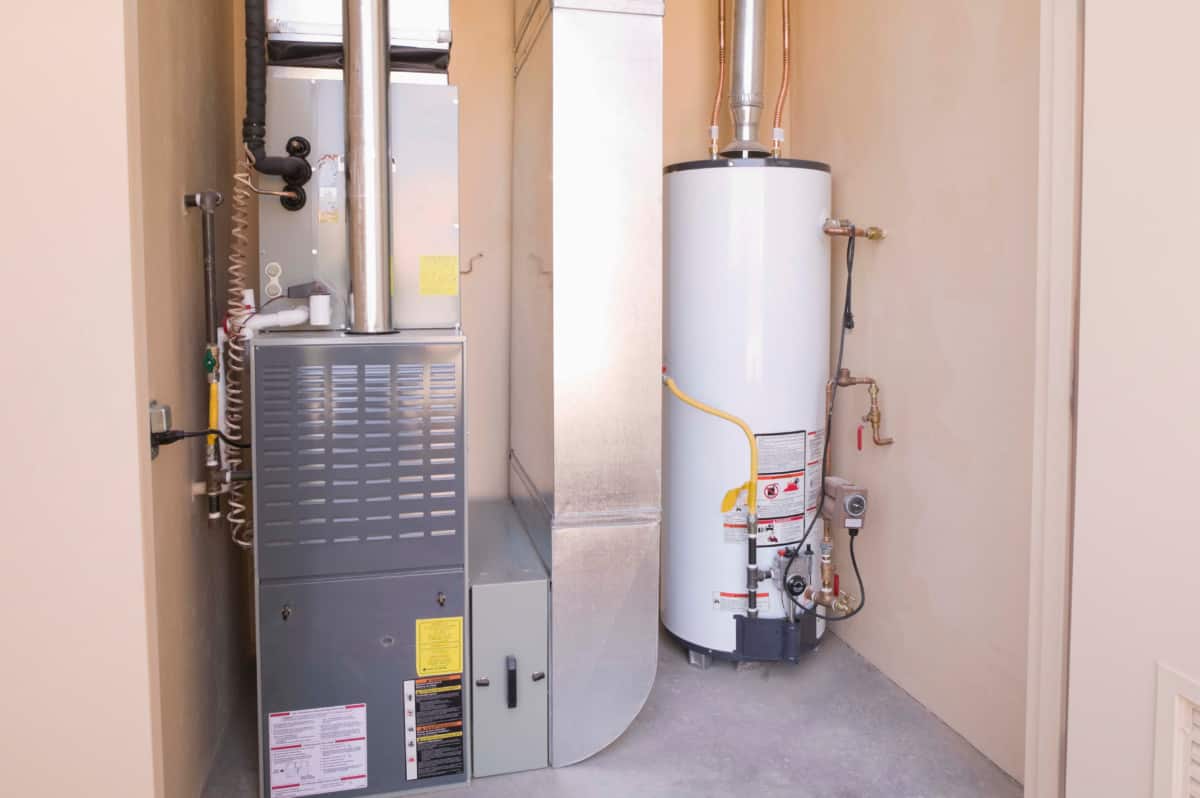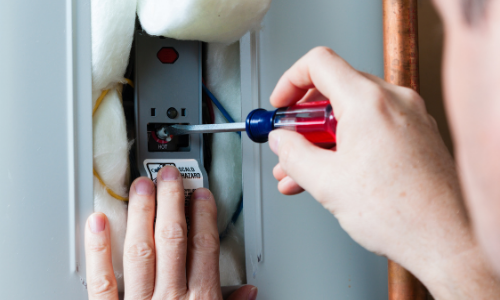Handling the Top Water Heater Crisis Situations
Handling the Top Water Heater Crisis Situations
Blog Article
We have found this article relating to Common Hot Water Heater Problems directly below on the internet and decided it made perfect sense to share it with you on this page.

A hot water heater is just one of one of the most important standard appliances that can be discovered in a residence. With hot water heater, you do not require to go through the stress of home heating water by hand whenever there is a requirement to wash, wash, or the recipes. However, there is always an opportunity that your hot water heater would certainly break down just like a lot of mechanical devices.
It is important to keep in mind any type of little breakdown as well as tackle it rapidly before things get out of hand. Many times, your water heater begins to malfunction when there is an accumulation of sediments as a result of constant usage. As a preventative measure, periodic flushing of your water heater is suggested to avoid debris accumulation and avoid useful failure.
Typical hot water heater emergency situations and exactly how to manage them
Leaky water heater container.
In this situation, you need to turn off your water heating system, enable it to cool down, and very carefully look for the source of the issue. At times, all you require to do is to tighten up a few screws or pipe links in cases of minor leakages. If this doesn't function and also the leak persists, you may require to utilize the solutions of a technician for a suitable substitute.
Varying water temperature.
Your water heater could begin producing water of various temperature levels typically ice chilly or scalding warm. In this scenario, the first thing you do is to make sure that the temperature level is readied to the preferred degree. If after doing this, the water temperature level keeps altering throughout showers or other tasks, you may have a malfunctioning thermostat. There may be a need to change either the thermostat or the heating device of your water heater.
Inadequate hot water
It might be that the water heating unit can't support the hot water demand for your house. You could upgrade your water heating unit to one with a bigger capacity.
Blemished or smelly water
You require to recognize if the issue is from the storage tank or the water resource when this happens. If there is no funny smell when you run cold water, then you are specific that it is your hot water heater that is damaged. The odiferous water can be caused by rust or the buildup of microorganisms or debris in the hot water heater storage tank. You can attempt flushing out your tank or replacing the anode if the problem continues when you observe this. The function of the anode is to clear out germs from your tank. Given that the anode rod replacement needs a comprehensive understanding of your water heating unit, you will certainly require the aid of a professional.
Final thought
Some home owners disregard little warning and minor faults in their water heater device. This only brings about more damage as well as a feasible full malfunction of your device. You must deal with your hot water heater faults as soon as they come near avoid more expenditures and also unneeded emergency difficulties.
With water heating systems, you don't need to go via the anxiety of home heating water manually every time there is a need to take a bathroom, do the washing, or the meals. Your water heating system might start creating water of various temperature levels normally ice cold or scalding hot. It may be that the water heater can't support the warm water need for your apartment. If there is no funny odor when you run chilly water, then you are specific that it is your water heating system that is defective. The smelly water can be created by rust or the buildup of bacteria or sediments in the water heater storage tank.
Common Water Heater Issues and What You Should Do
What Type of Water Heater Do You Have?
Before we begin it’s first important that you identify the type of water heater you have on your property. There are two main types of water heaters out there: conventional and high efficiency.
Both of these types of products typically use either gas or electricity to heat power. There are also solar water heaters that use a thermal collector on the roof or yard to heat the water.
While these models are not as common, they can cut heating costs in half. In this article, we will focus on conventional and high efficiency.
How Do My Electric and Gas Water Heater Work?
Though they look similar, electric and gas water heaters work very differently. It’s important to know their basic function because often problems can be specific to the heating source.
In the electric model, a thermostat on the side of the machine detects the temperature of the water in the tank. When the temperature needs to rise electricity flows to a heating element suspended in the water.
Gas models also use a thermostat device — typically with a mercury sensor at the tip and an additional sensor called a thermocouple. The thermocouple detects whether the pilot light is on and controls the flow of gas.
When the thermostat drops below the appropriate level gas is released which becomes ignited by the pilot light. The flame heats the bottom of the water tank which causes hot water to rise and cold water to drop.
This natural circulation continues until the water reaches the desired temperature. Then, the thermostat triggers the gas control valve to shut off the flow of gas.
What Are the Most Common Issues and How Do You Fix Them?
https://happyhiller.com/blog/common-water-heater-issues-and-what-you-should-do/

As a serious person who reads on The Importance of Water Heater Maintenance, I assumed sharing that piece of content was worth the trouble. Enjoyed reading our write-up? Please share it. Let other people find it. Thanks so much for your time invested reading it.
We've got answers! Report this page